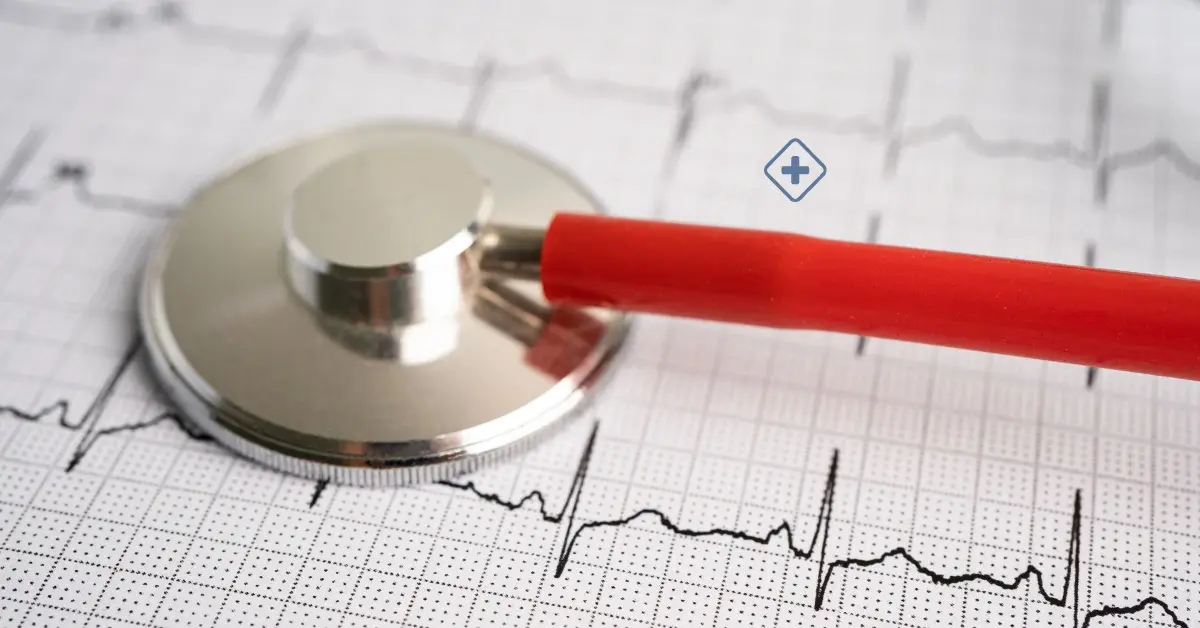Blue Net Nueva Inversión, domiciled at Carretera Federal Libre Transpeninsular CSL-SJD Cabo Bello, telephone: 624-104-3911, ZIP code: 23455 in the municipality of Cabo San Lucas, Baja California Sur, Mexico, is responsible for collecting your personal data, for the use that is given to us and it's protection.
Your information will be utilized to provide the services and products you have requested, inform you about the changes in the same and evaluate the quality of the service we provide you; as well as to:
- Provide the medical care (diagnostic, therapeutic, research, etc.), complying with standards through internal processes to ensure the quality and safety of the patient in our facilities; agreeing the possible transfer to third parties as they are but not limited to: various professionals, technicians, and health assistants, as well as other private entities due to representative services in relation to care (such as hospitals, laboratories, cabinets, insurance companies, among others).
- Billing and collection.
- Comply with the obligations derived from the accession agreement.
- Comply with applicable legislation in force.
- Answering requests from competent authorities.
- Respond to your comments related to the provision of services.
- Send notices and information about our services.
- Contribute to the process of continuous improvement.
For the aforementioned purposes, we require to obtain your personal data and sensitive personal data provided directly by you or by an authorized third party. Personal data considered sensitive according to the Federal Law on the Protection of Data.
Personal in Possession of the Individuals are all those related to the health of the person (clinical history, habits, way of life, among others), which will be kept under the strictest confidentiality and may not be used other than those mentioned above unless there is a change in this Privacy Notice. For the collection of personal data, we follow all the principles established by the Law such as legality, quality, consent, information, purpose, loyalty, proportionality, and responsibility.
We also inform you that your personal data may be transferred and processed in and outside the country, by persons other than this company. In this sense, your information may be shared with a person or family authorized by the patient, health professionals for health reasons, insurance companies legally constituted and authorized by Mexican and foreign laws, judicial authorities (provided there is a court order) and authorities and / or entities of the public health system, for scientific, statistical or general interest reasons indicated by law.
Once the purpose of the processing of the personal data is fulfilled, these will be blocked for the sole purpose of determining possible responsibilities in relation to their treatment, until the legal or contractual limitation period thereof. During this period, personal data may not be processed and once it has elapsed, it will be canceled in the corresponding database. If you do not express your opposition to your personal data being transferred, it will be considered that you have given your consent for it.
You have the right to access, rectify and cancel your personal data, as well as to oppose the treatment thereof or to revoke the consent that you have given us for this purpose, through the procedures we have implemented: To activate said procedures, please submit a written request (request to exercise ARCO Rights) addressed to the Medical Directorate and/or Operations Directorate and containing the following information:
- Name of holder
- Address of the holder or electronic address to communicate request-response
- Documents proving the Identity or authorization to represent you in the application
- Description of personal data on which it is intended to exercise any ARCO right
- Any other element that allows the localization of personal data and/or attention to the request
- Autograph signature of the holder.
The document must be presented at the following address: at Carretera Federal Libre Transpeninsular CSL-SJD Cabo Bello, telephone - 624-104-3911, postal code - 23455 in the municipality of Cabo San Lucas, Baja California Sur, Mexico with Dr. Raúl Leopoldo Rivas Maldonado and/or Dr. José Ramón García Vinay from Monday to Friday from 09:00 to 14:00 hrs. A period of 15 days is stipulated to receive the answer to your request. If you have any questions or comments, you can contact our personal data department.
I authorize the use of my information.
We reserve the right to change this Privacy Notice at any time.
We will not be liable if you do not receive the notification of a change in the Privacy Notice, in cases of having a problem with your email account or Internet data transmission.
GENERAL INFORMATION ABOUT THE PRIVACY OF INFORMATION
What is personal data? It is any information related to you, for example, your name, telephone, address, photograph, or fingerprints, as well as any information for your identification.
What is sensitive personal data? It is the data that, if unduly disclosed, would affect the most intimate sphere of the human being; for example origin, health status, genetic information, sexual preferences, religious, philosophical, moral beliefs, union affiliation, political opinion, among others.
How do we guarantee the protection of your data?
- Appointing a responsible person in charge who will attend your requests for access, rectification, cancellation, and opposition of your personal data.
- With the necessary security measures to guarantee your data against misuse or illicit use, unauthorized access, or against the loss, alteration, theft, or modification of your personal information.
- Training staff.
- Informing you about how it will be used for your information.
What are the guiding principles of personal data protection? They are a series of minimum rules that should be observed by private entities that process personal data (individuals or corporations), ensuring the proper use of personal information. These principles are:
- Principle of Lawfulness: It refers to the commitment to be made by private entities (individuals or corporations) that process your information when requesting the provision of a service, respecting at all times the trust that is given to them for the proper use of your data.
- Principle of Consent: For private authorities to which the information is granted, it implies the duty to request express and written authorization so that the information can be processed.
- Quality Principle: Refers to the fact that the personal data held by individuals must be up-to-date and true; that is used to fulfill the purposes that justified their treatment.
- Principle of Information: Refers to the right granted by the Law to know the main characteristics of the treatment of your personal data prior to sharing them; and this is contained in the "Privacy Notice".
- Principle of Proportionality: Companies can only collect data that is strictly necessary and essential to meet the objective.
- Principle of Responsibility: Private entities (whether individuals or corporations) and those who comprise them, who handle personal data, must ensure that, whether inside or outside our country, the essential principles of personal data protection are complied with, committing to always ensure compliance with these principles and to be held accountable in the event of non-compliance.
What are ARCO Rights? Access, Rectification, Cancellation, and Opposition
- Right of Access: It is the right granted by law to request the private entity to inform you if any of your personal data exists in its database.
- Right of Rectification: It is the right that the Law grants you to have your personal data corrected in the database of the private entities that contain it; This applies when the data is incorrect, imprecise, incomplete, or out of date.
- Right of Cancellation: It is the right that the Law grants you to request the cancellation of your data from the bases of a private entity; and therefore these must be blocked and subsequently deleted from the databases. It is only appropriate when personal information is no longer necessary for activities related to the private entity that has them in its databases.
- Opposition Right: It is the right that the Law grants to request the private entity that plans to carry out the treatment of your personal data to refrain from doing so in certain situations.








